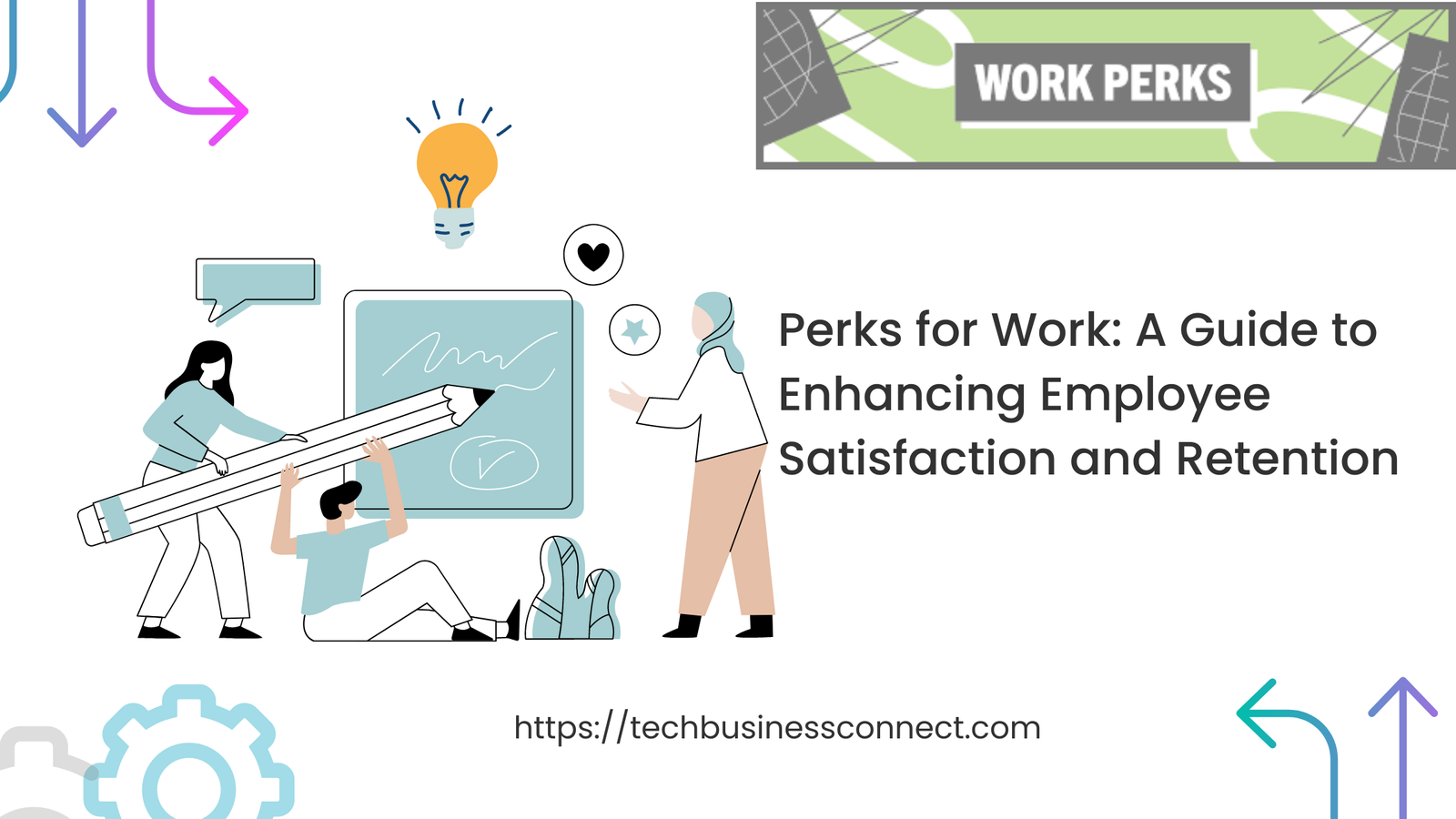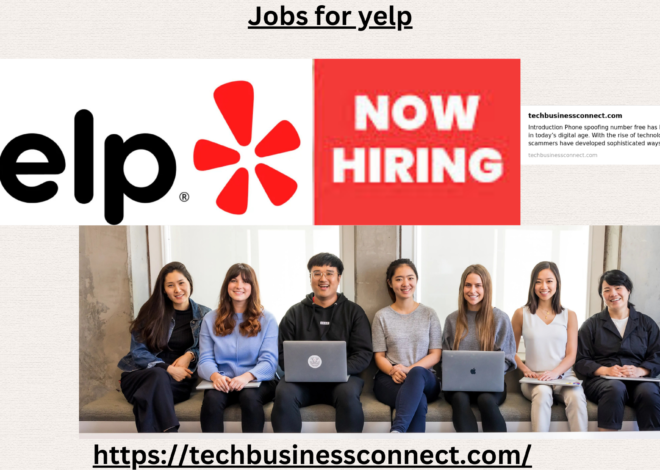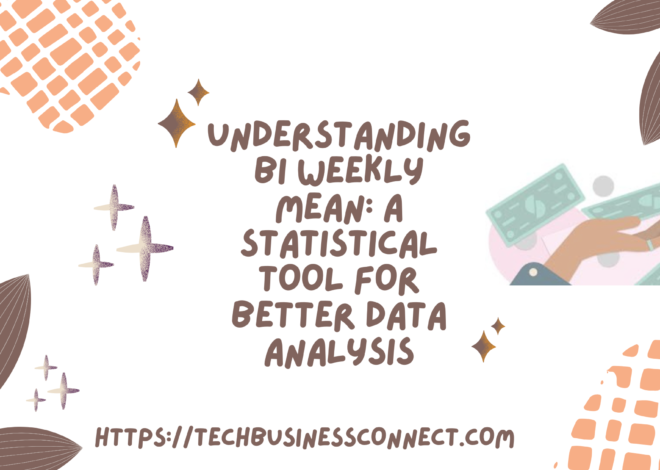
Perks for Work: Best Guide to Enhancing Employee Satisfaction and Retention 2024
Perks for work in the ever-evolving landscape of modern work, organizations are recognizing the critical importance of employee satisfaction. Beyond salaries, bonuses, and job titles, perks have emerged as essential tools for enhancing employee engagement, satisfaction, and retention. The workplace perks of today go far beyond the traditional offerings of health insurance and retirement plans, reflecting a deeper understanding of what employees value in both their professional and personal lives.
This article delves into the various types of perks for work companies offer, their significance in modern workplaces, and how they contribute to a better working environment and more productive employees.
The Evolving Nature of Perks for Work
Historically, Perks for work were fairly straightforward: a decent healthcare plan, a pension, and perhaps a Christmas bonus. However, as the world of work has become more competitive, dynamic, and employee-centric, the scope of perks has dramatically expanded. Employers today are offering a range of creative benefits aimed at attracting and retaining top talent, fostering loyalty, and promoting a positive work culture.
Perks for work as a growing number of millennials and Gen Z employees enter the workforce, these perks for work have evolved to meet their changing priorities. For younger generations, job satisfaction hinges on much more than monetary compensation. They seek meaningful work, a healthy work-life balance, personal growth opportunities, and a positive company culture.
Perks for work in response, companies have started offering perks that reflect these values—ranging from flexible work arrangements and wellness programs to opportunities for continued learning and even pet-friendly offices.
Categories of Workplace Perks
Perks for work can generally be grouped into several categories. These include financial benefits, lifestyle perks, health and wellness programs, professional development, and recognition initiatives. Let’s explore each of these in more detail.
1. Financial Perks
Financial Perks for work remain at the core of employee benefits packages. Although salaries are the primary means of compensating employees, additional financial perks can help workers feel more secure and appreciated. Some of the most common financial perks include:
- Bonuses and Profit Sharing: These offer employees a direct share in the company’s success, which can drive performance and loyalty. Profit-sharing programs encourage employees to work towards the company’s financial goals because they benefit from the profits they help generate.
- Stock Options: Offering stock options to employees aligns their interests with the company’s long-term success. When employees own a stake in the company, they tend to work harder and feel more invested in the company’s future.
- Tuition Reimbursement: Many companies now offer to pay for part or all of their employees’ educational expenses. This not only shows a commitment to personal growth but also helps create a more skilled and educated workforce.
- Commuter Benefits: To ease the burden of commuting, some companies offer transportation subsidies or benefits like free parking, bike-sharing programs, or discounted public transportation passes.
2. Lifestyle Perks for Work
Lifestyle Perks for work focus on improving the work-life balance, ensuring employees can blend their professional and personal lives more harmoniously. These perks have become increasingly significant as workers prioritize well-being over just financial compensation. Some examples include:
- Flexible Work Hours: Flexibility has become one of the most desired perks, especially in the wake of the global shift toward remote work due to the COVID-19 pandemic. Employees who are able to set their work hours or work from home can manage personal responsibilities more effectively and maintain a healthier balance between their work and personal lives.
- Remote Work: Remote work is no longer a rare perk—it has become a cornerstone of modern employment. Many employees now value the ability to work from anywhere, whether it be from home, a coffee shop, or even another country. Offering remote work opportunities can expand the talent pool and reduce overhead costs for companies.
- Unlimited Paid Time Off (PTO): Some companies are experimenting with unlimited vacation policies, allowing employees to take as much time off as they need, as long as their work is completed. This fosters a high-trust culture and encourages employees to rest and recharge when necessary.
- Childcare Support: Providing on-site childcare or financial assistance for daycare can be a significant draw for working parents. It helps reduce stress and allows parents to focus more on their work knowing their children are well taken care of.
- Pet-Friendly Offices: Allowing employees to bring their pets to work can enhance office morale and create a more relaxed environment. Studies have shown that having pets in the office can reduce stress and improve teamwork.
3. Health and Wellness Programs
Perks for work promoting health and well-being is a top priority for many employers. A healthy workforce is a more productive workforce, and perks that support physical and mental health can reduce absenteeism and improve overall job satisfaction. Popular health and wellness perks include:
- Health Insurance: Health insurance is often seen as a standard benefit, but companies that offer more comprehensive coverage—such as dental, vision, and mental health services—stand out in attracting top talent.
- Wellness Programs: Many companies now provide wellness programs that include gym memberships, on-site fitness classes, yoga sessions, meditation workshops, and even wellness apps that help employees track their physical and mental health.
- Mental Health Support: Mental health is a growing concern in the workplace, and more companies are offering access to counseling services, Employee Assistance Programs (EAPs), and mental health days to help employees manage stress, anxiety, and other challenges.
- Healthy Food Options: Providing healthy snacks, meals, or access to nutrition counseling can promote better eating habits and improve employee energy levels and focus throughout the day.
4. Professional Development Perks
Perks for work investing in employee development not only helps retain talent but also drives business success. When employees feel they have room to grow, they are more likely to stay committed to their organization. Some development-focused perks include:
- Training Programs: Offering internal and external training opportunities helps employees acquire new skills, stay up-to-date with industry trends, and improve their job performance. Many companies now offer access to online learning platforms, workshops, and seminars.
- Mentorship Programs: Mentoring relationships can help employees navigate their career paths and gain valuable insights from more experienced colleagues. These programs often foster collaboration and encourage knowledge-sharing within the company.
- Leadership Development: Providing leadership development programs prepares employees for managerial roles and demonstrates the company’s commitment to promoting from within.
- Conferences and Networking Opportunities: Allowing employees to attend industry conferences or networking events can broaden their horizons and expose them to new ideas, technologies, and potential business partners.
5. Recognition and Reward Programs
Recognition is a powerful motivator in the perks for work. Employees who feel valued are more engaged, productive, and loyal to their organization. Effective recognition programs can include:
- Employee of the Month: A simple but effective way to recognize exceptional work, the Employee of the Month program highlights standout contributions and sets a positive example for others.
- Peer Recognition: Peer-to-peer recognition platforms allow employees to acknowledge each other’s efforts, fostering a collaborative and supportive culture. Public recognition through these platforms can boost morale and encourage continuous improvement.
- Service Awards: Recognizing employees for their years of service to the company, such as with service awards or anniversary bonuses, helps foster loyalty and shows appreciation for long-term commitment.
- Small Gifts and Experiences: Some companies reward employees with small tokens of appreciation, like gift cards, personalized gifts, or experiences such as spa days or concert tickets. These can be tied to performance milestones, birthdays, or work anniversaries.
The Benefits of Offering Workplace Perks
Offering perks for work in the workplace comes with several key benefits, both for employees and employers. When done right, perks can help companies foster a strong organizational culture, retain top talent, and improve overall employee satisfaction. Let’s look at some of the advantages:
1. Increased Employee Retention
Perks for work are a powerful tool for retaining employees. When workers feel valued and supported, they are less likely to seek employment elsewhere. Competitive benefits packages can set an organization apart in the recruitment market and reduce turnover, saving companies significant resources in hiring and training.
2. Improved Productivity
Happy and satisfied employees are more productive. When workers have access to wellness programs, flexible schedules, and professional development opportunities, they tend to be more engaged and motivated. A balanced work-life environment also reduces burnout, leading to higher efficiency and better job performance.
3. Positive Company Culture
Workplace perks contribute to a positive company culture where employees feel appreciated and supported. A culture that prioritizes well-being, growth, and recognition fosters loyalty and collaboration, helping build a strong team that works toward common goals.
4. Attracting Top Talent
In competitive industries, offering unique and desirable perks can make all the difference in attracting top talent. Candidates today look beyond just salary when evaluating job offers. Companies that offer comprehensive benefits packages, including perks that prioritize well-being, development, and flexibility, are more likely to attract high-caliber employees.
Conclusion
In today’s workplace, perks are much more than just add-ons to a compensation package—they are essential elements that shape the employee experience. By offering a variety of meaningful perks that address financial security, work-life balance, professional growth, and personal well-being, organizations can foster a motivated, loyal, and engaged workforce.
As the workforce continues to evolve, companies that prioritize and innovate their employee perks will be better positioned to thrive in a competitive and rapidly changing business environment.


